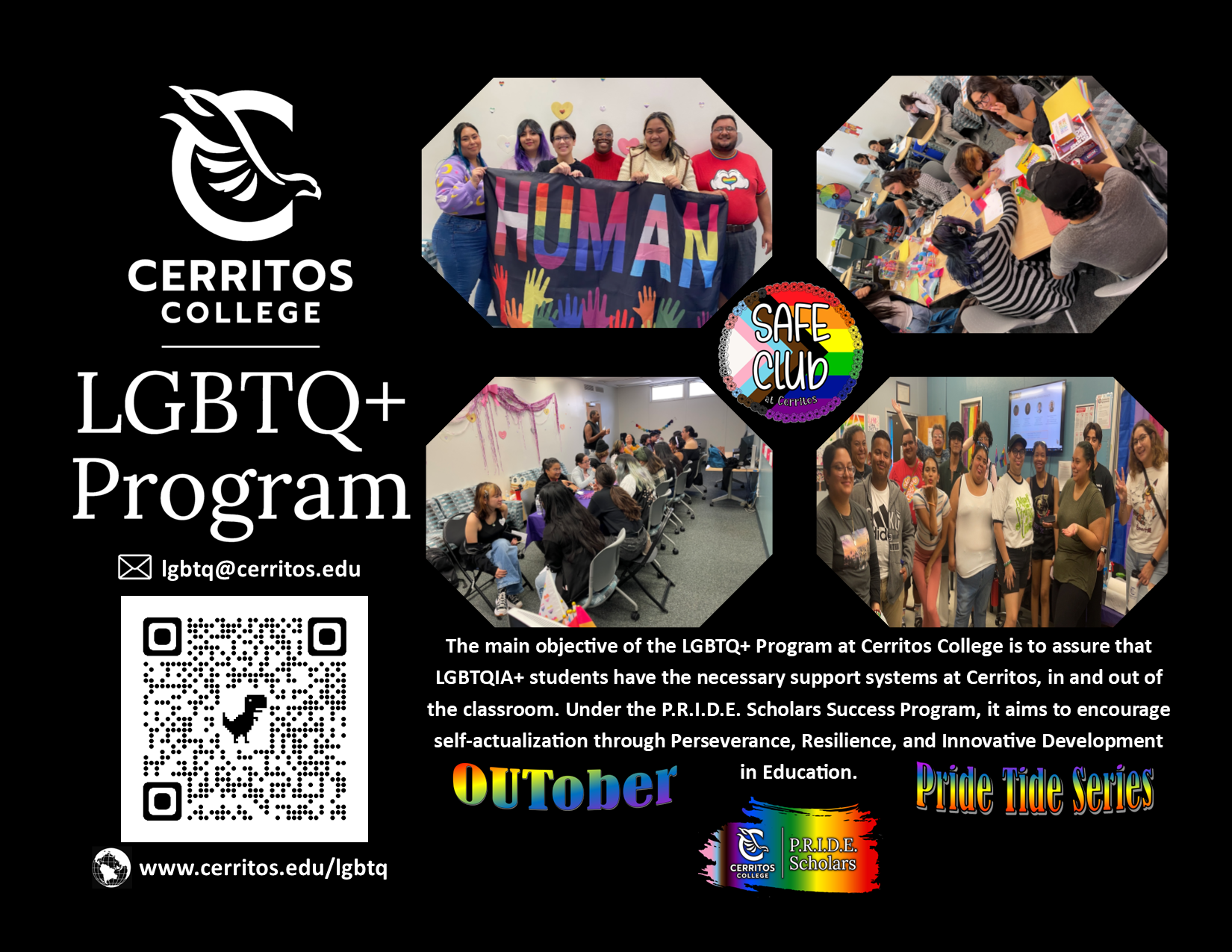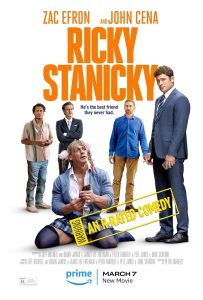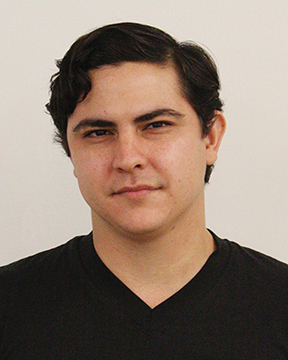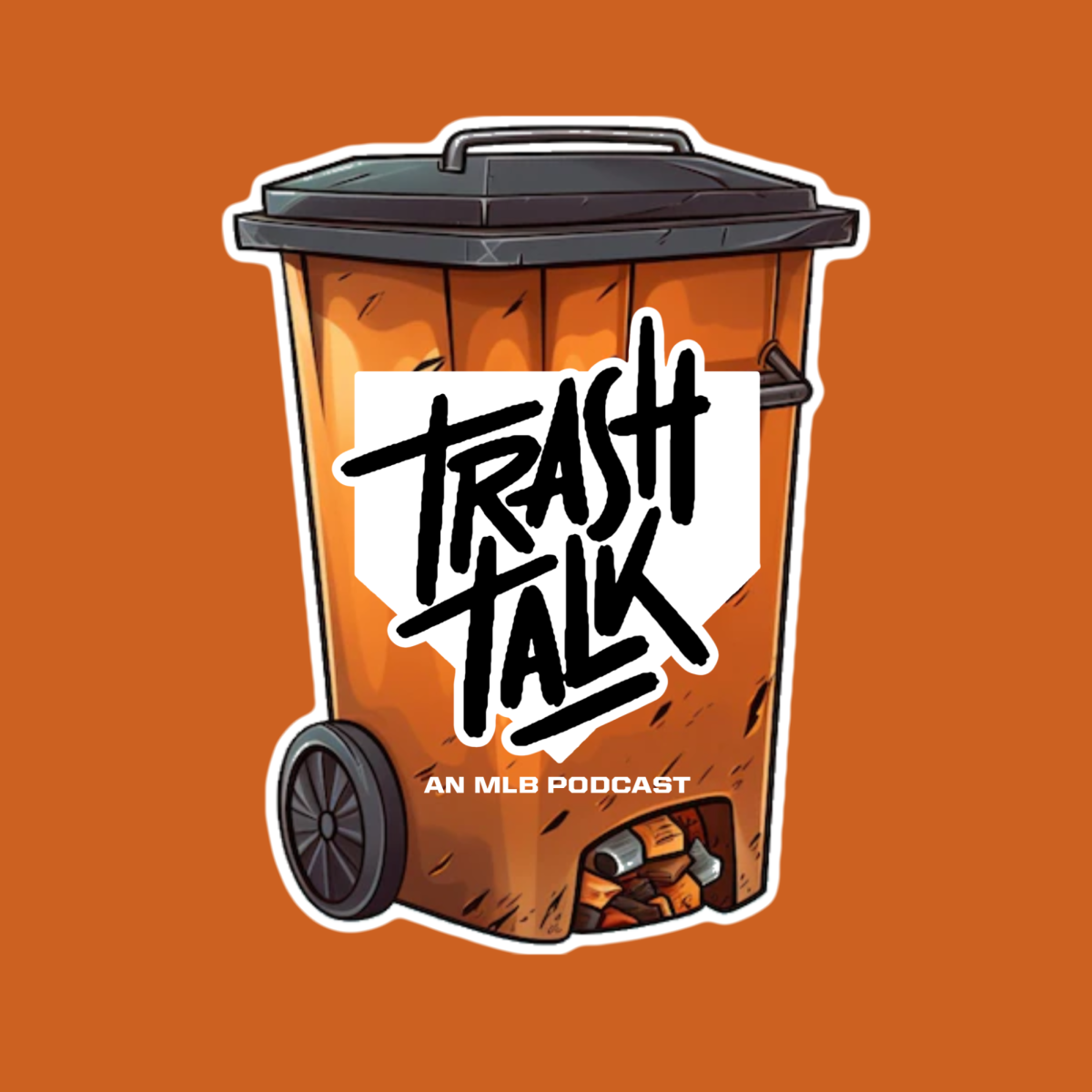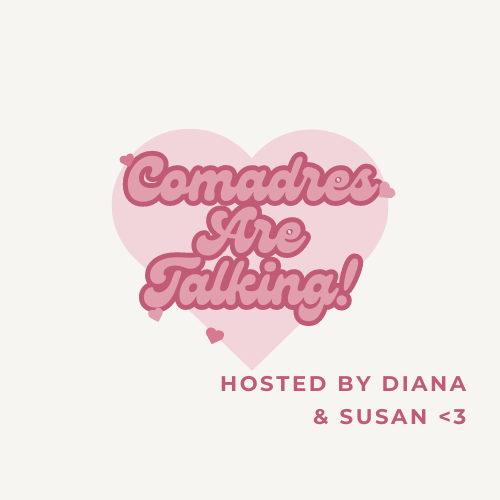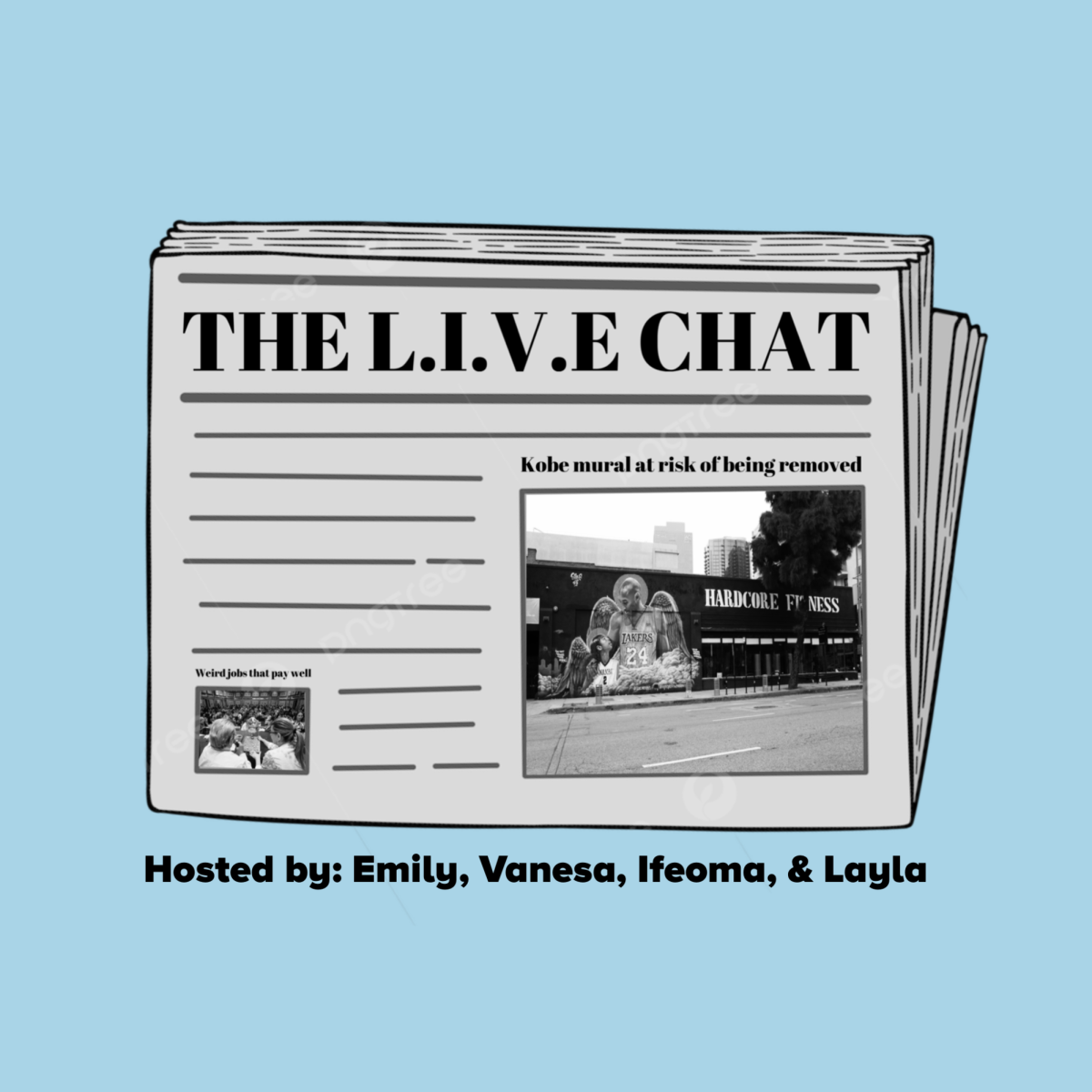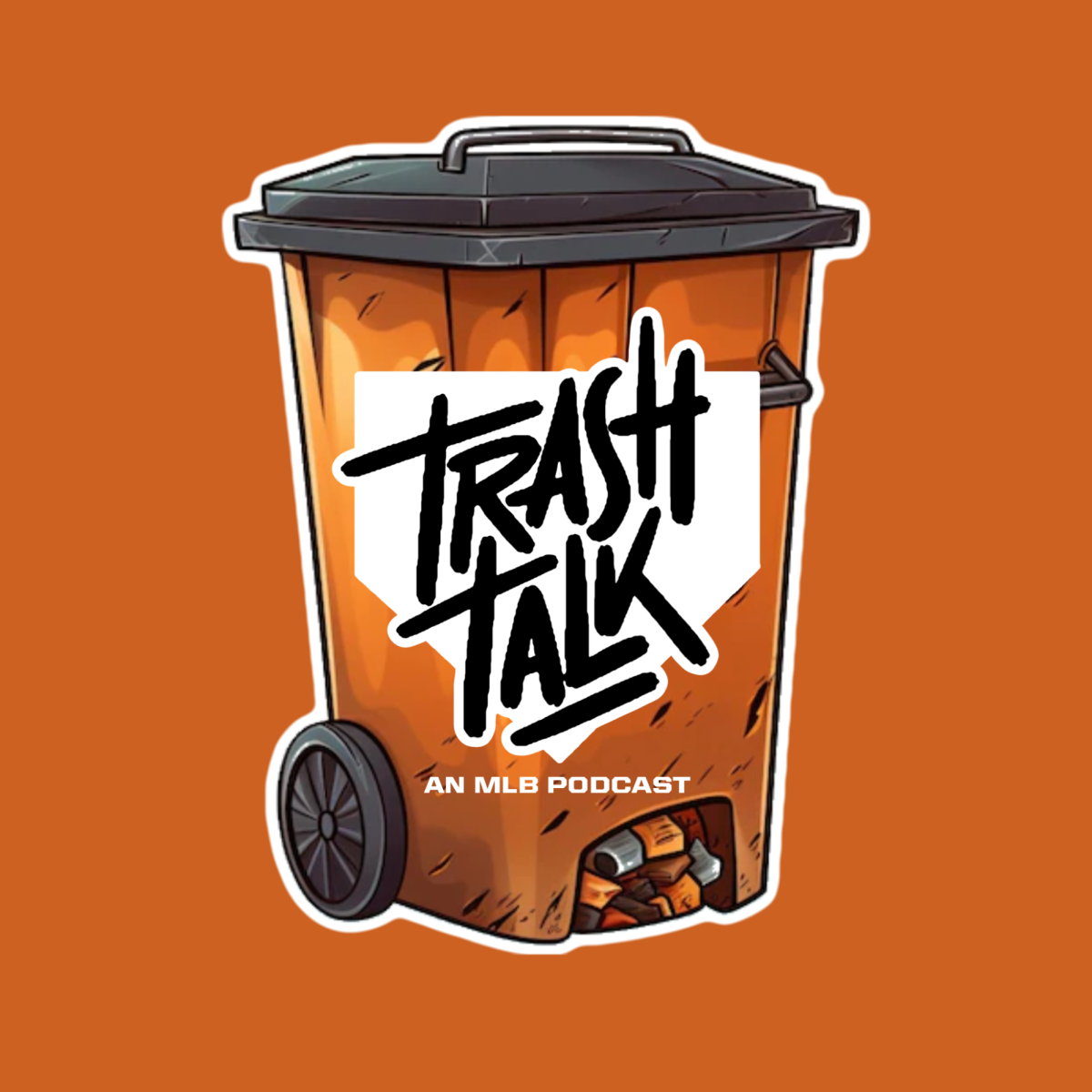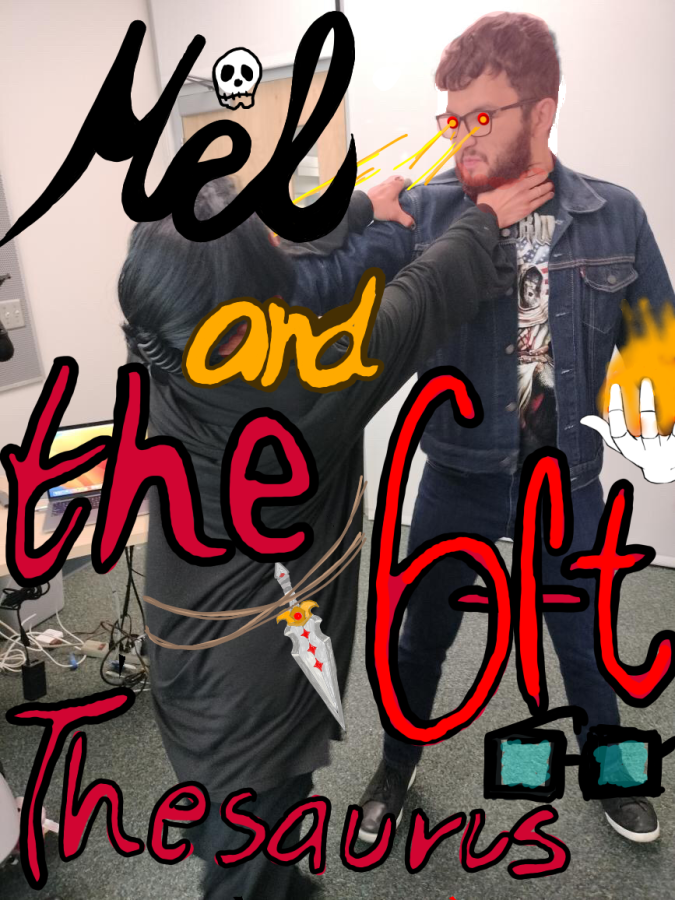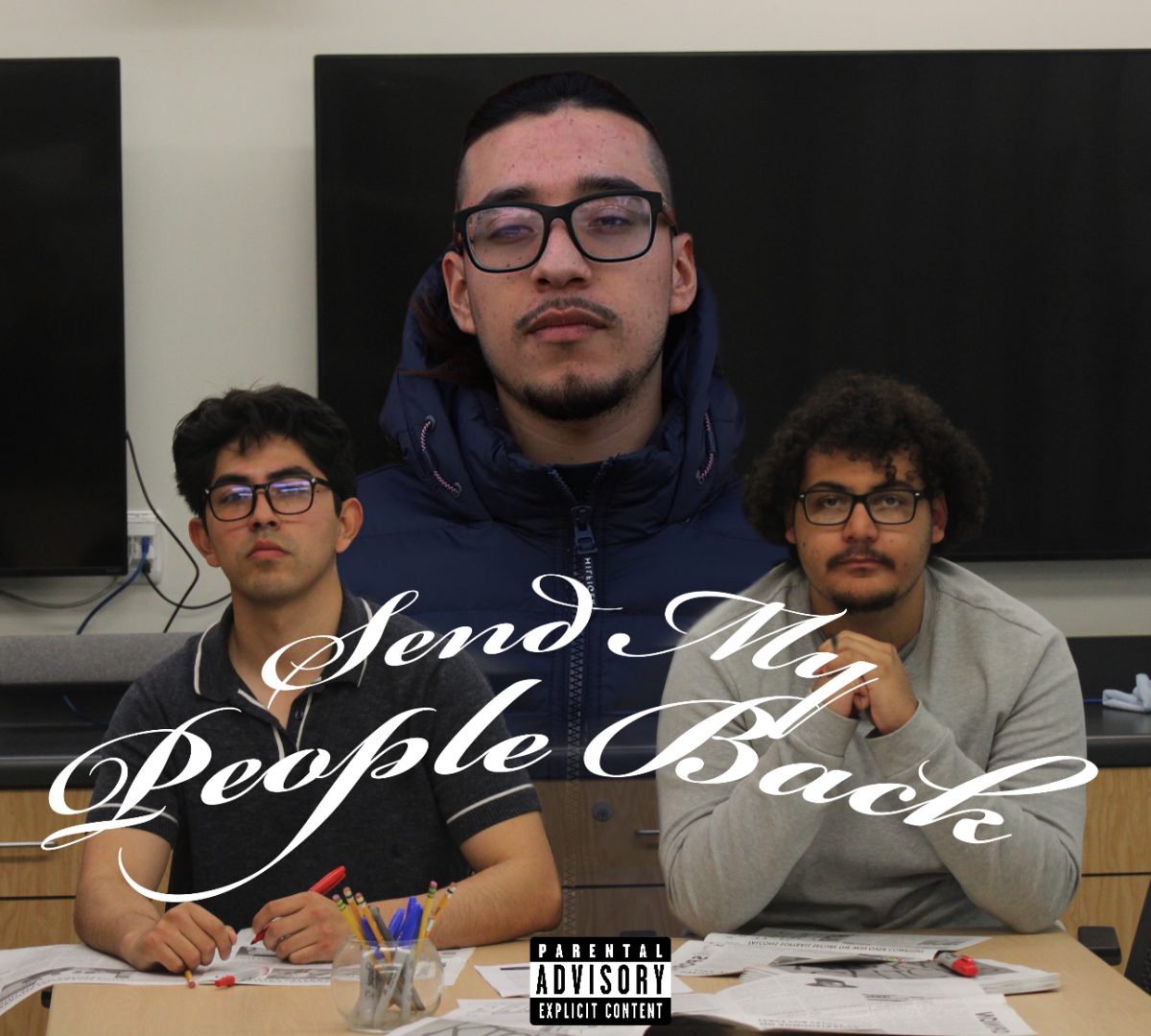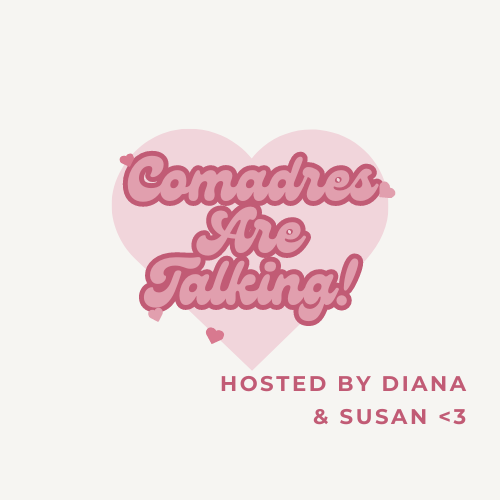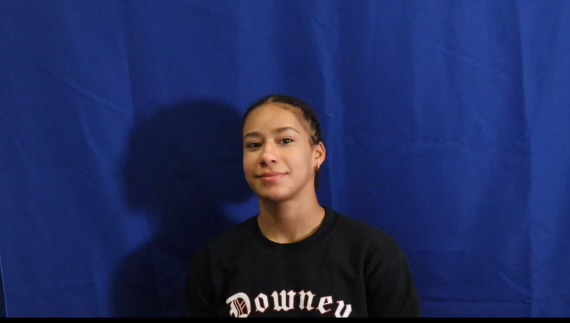David Jenkins: In the age of social media most of us are open about what we do in our lives, who we hang out with, what events we go to, we even go as far as to be open about our political views.
However, what most of us are not open about is where we live, what are phone numbers are, or we go to school. Although we love to share a lot about ourselves on public platforms we still cherish the legal concept of “the right to privacy.”
There are times where people on the internet can become nasty with one another and the action of “doxing” can occur.
For those of you who don’t know or have never heard of the term, doxing is the internet slang for “documents or documentation”
In a 2017 Fordham Law Review titled “The Doxing Dilemma”, doxing is defined as “the public release of an individual’s private, sensitive, personal information, such as:
- Home address, email address, phone number
- Social security number
- Employer and employer contact info
- Family member’s contact info
- Photos of victim’s children and the school they attended
These are tactics used to intimate and silence people online, but not always.
There are those who dox with malicious intent such as, silencing a political opposition or even revenge between former spouses or exes. There’s those who dox for activism purposes such as doxing police officers who are caught on camera brutalizing black Americans and abusing their power. It is well documented that Black Lives Matter does this in pursuit of civil rights. Then you have journalist such as in the New York Times who published Donald Trump’s 1995 tax returns.
We see the concept of doxing under malicious intent, political purposes and within the integrity of journalism.
U.S courts have yet to make any precedents regarding doxing. Should we even have precedents regarding the issue of doxing in courts?
Can we make distinctions between when it is morally ok to dox and when it’s not? I would say the courts should decide, however,
The legal issue arises when one reads the conflict between “freedom of speech” and “the right to privacy”
In the age of the internet, the courts have trouble in choosing which one should overwrite the other in these cases of doxing.
Since the courts have trouble figuring it out should it be up to the internet to decide which dox is ok and which isn’t?
Joining me to discuss this is a former staff writer, former news editor and the present Editor-in-Chief of Talon Marks, Jasmine Martinez. And thank you for being the first guest on the show.
So to let you know what like, prompted me to wanting to discuss this is what happened just not too long ago with those with the Catholic high schoolers when you have the the Native American coming up and beating the drum. And then you have those smirky kids a lot of journalists and retaliation to that we’re wanting to get information on these kids and publicize information and doxing them.
I was a little uneasy about it at first, but what are your thoughts on the issue?
Jazmine Martinez: Its because of the fact that they’re minors that can be you know selling to some people I mean to a certain extent I think they just doxed the name of the school right there was just a school or from from what I remember reading the school actually cut off that phone number like the people were just calling nonstop being like hey like what’s going on with your boys where they harassing elderly and probably more violent term sometimes are not even to say violent, more pressing and you know the reason.
To my knowledge what else did they dox about them?
David Jenkins: I saw a lot of certain tweets about forgot from which they were to check blue check journalists on there who were asking for yearbooks so they can get the names of those people…
Jasmine Martinez: and getting the names?
David Jenkins: Yeah, they did. Yeah.
Jasmine Martinez: That boy was prominent in the…
David Jenkins: The one who was smirking. His name ended up coming out. And he’s actually looking into suing a lot of news publications.
Jasmine Martinez: Yeah, but from what he got from now as a televised interview, yeah. So so he was able to defend this case. In some cases it was actually kind of beneficial to him in some sense, he said kind of robotic to me in his interview, it was obviously for damage control, because the internet responded so strongly and that’s why it encourage them to bond and be like “I’m not apologize for anything I’m innocent.”
David Jenkins: Though he was doxed. I don’t know if there were other people around the situation that were doxxed.
Jasmine Martinez: I think it was mostly focused on him. But the students themselves were from the Covington high school. I don’t think it was entirely bad that it was revealed from what high school where I think that’s information that can easily be accessed even without the internet standards. I feel as if is kind of holding them to a responsibility, in a sense. And in previous cases with document stuff cases you mentioned before where the, you know, actually not their address their employer children’s picture that’s extreme, that’s the extreme. I mean, like workplace and I guess school plays like employers I get, because you have some of the you have these people who say all this violent, racist, homophobic, transphobic whatever, but mostly racist remarks about people and threats, some points they make threats. You know, sometimes empty threats over the internet, but still, overall threats. So at that point that, persons becoming a danger to somebody else’s life you know it’s not like physically then at least you know, in a sense emotionally mentally you know saying these words so I think they should face the consequences for that in a sense and all their address and all that stuff should be leaked, unless they’re consistent you know what their in some cases on Twitter where some people, some kids will be like will joke about you terrorist acts in an airport and right away the fucking FBI come knocking at their door and they’re like “oh I was kidding” like you can just say these things without facing the consequences.
David Jenkins: Well I think we should kind express what, what those consequences are. Because I’m someone who believes that, if there is threats being made, it should be taken to the law, you know, instead of… it should be taken to the law rather than being taken to a public mob. You know what I mean? Because a lot of doxxing does come from that mentality.
Jasmine Martinez: Mob mentality. And I can see that in some sense because there’s been cases as well where people have dox the wrong person, like an innocent person, and there was actually some other fool out there, but the system has failed so many people and just by adding to this I don’t think rightfully just, I don’t think people are gonna get there justice, they’re this or that, you know, either C or you know, kind of wanting to quit.
David Jenkins: So would you say that this you know, the consequences of being doxed that that is, is would be their best justice that they can rather than being going to the law and the courts?
Jasmine Martinez: No, because in a sense like I get that sometimes doxing can come from just pettiness.
David Jenkins: Yeah, there’s a couple of stories with that we have to exes and stuff yeah.
Jasmine Martinez: And that’s that stuff I’m just like no it’s not necessary and actually posted the danger to other people like there are some cases where doxing people makes it more dangerous for them I don’t know if I’ve read cases where like if someone dox another person and they ended up you know, hurt in some way.
David Jenkins: Yeah! a lot of those, the intent is to from getting the harassment going from the internet and into real life, and there’s actually a crazy case it has to do with with Yahoo It was a I forget. I forget the woman’s name but how she was in a long term relationship with a man and when are they broke up and he did not take it so well. So he had pictures of her you know that they had sent in private and he made a Yahoo account where he was acting as if he was her and he put her number on there and and she said oh yeah you know I live at this address and you know “I’m slut and I’m willing to do all sorts of things”, you know,
Jasmine Martinez: You see, that’s a threat and to her safety.
David Jenkins: And she was getting calls she was getting guys knocking at our door. She’s tried to take Yahoo to court for this because he was on it was on Yahoo. However, upon reading, because of this, this law called, the Communications Decency Act, where platforms aren’t technically by law, they’re not responsible of things being published, so the court dismissed it so she couldn’t sue Yahoo, because of that, like the government can’t say, “hey, you need to take this down” it’s up to the to the platforms themselves if they want to take responsibility of that stuff being published, which is kind of a you know,
Jasmine Martinez: They don’t want the responsibility.
David Jenkins: Yeah and of course. And that’s like a separation of government and business and things like that.
Jasmine Martinez: I see that on Twitter to complain about certain things like some certain things being censored and then you see all this right wing propaganda, same thing with Facebook just like all that Russian propaganda you see it’s still being circulated among the masses but then like other I guess super liberal leftist junk, like can be just hidden underneath all that or not even in people’s you know feeds and vice versa. Back to what you were saying about Yahoo.
David Jenkins: The Yahoo case.
Jasmine Martinez: Yeah this is why I don’t think their address or like I guess you know phone numbers to an extent, I understand that the phone number of an employer or school in the Covington boys case like at that point you know I think the only felt the harassment from the internet but it’s not like people..
David Jenkins: Where went from the internet to real life.
Jasmine Martinez: Right, and I have other examples in mind, I can bring up as a Charlottesville rally were a lot of right wingers got together and kind of you know faces…
David Jenkins: Yeah, a lot of them got doxed.
Jazmine Martinez: So you know what happened at the rally?
David Jenkins: Someone was murdered.
Jasmine Martinez: Yeah.
David Jenkins: Someone was hit by a car, run down.
Jasmine Martinez: I think he was also indicted recently.
David Jenkins: Yeah, he went to court.
Jasmine Martinez: See in that case like these people were all like have these violent ideals, these violent racist ideals, and they’re just out there kind of doing it with their chest, but also kind of faceless and us and it’s just relating back to kind of the Ku Klux Klan have been, you know, they would where the hoods over their heads, not to be exposed and in reality, they were your doctors, they were your police officers, firefighters, just helping members of society in general. People you interact with every day and you will know that they hold such you know, such ideas. So what I found funny is that when they started being doxed they were so proud of that rally around when people started exposing them and their employers started firing them. Yeah, and they started facing the consequences of that I don’t think it was a bad thing per se because it takes people away with these ideals that kind of remind remind me you know like Nazi, another just related to Nazism to general. I don’t, I don’t see the problem with firing someone with those ideals especially if they work you know in certain profession and especially like the doctor and stuff like that because that gives me that gives them pathways to be biased towards the people and to express hate. That’s what I mean I get to the post danger to like another individual or other groups of individuals and they’re trying to say like anonymous behind it but still cause damage know there’s gonna face those consequences. And it’s kind of going to be justified.
David Jenkins: Yeah. Would you say that, The those people that were doxed at the Charlottesville event with those those doxed Would you say that’s protected under free speech?
Jasmine Martinez: I mean…in a sense, it’s pretty invasive, it’s very invasive sorry I have to check again you know what is the limitation speech and classify the speech speech and what classifies as hate speech I don’t know if that would be considered like the hate speech, because it’s more of like exposing the individual.
David Jenkins: Hate speech is not so much as a legal term and the supreme court as free speech is, you know, i think that stuff, that discussion would be more in like at the European courts were hate speech is a legal term.
Jasmine Martinez: But so much is protected under free speech that, you know, even, even people who, you know, complain about having a free speech rights online, even if they, you know, even if it is a form of hate speech like they’ll still be defended like those still have their rights and if people want to take them to court then it’s just going to be this whole long process, it’s free speech and so….
David Jenkins: Yeah, there’s not a lot of there’s not a lot of cases with doxing in the court they don’t it’s like I was saying like, they don’t know how to handle it over a freedom you know, free speech and the right to privacy. But the reason I asked about the free speech thing is because, if it’s okay for them to be doxed, then under free speech, it would be okay, if it was done on the opposing side, for example, when you have the anti fascist or “antifa” You know, they’re a little I think there are a lot smarter, they were black masks, so it’s a little difficult for them to get doxed but some of them have been doxed before. There was just one individual who I forgot where was that but he was a professor and I don’t know if it was a high school or university but he hits someone with a bike lock smashed it over his head and he was wearing the black mask but for 4chan went to work and were able to get pictures throughout that day. And they were able to match them up and he doxed and was taken to court and all that stuff. So that’s what I mean by like, I’m one of those people like it, either everyone can do it, or nobody can do it.
Jasmine Martinez: That’s right. Yeah, that’s, that’s sort, I see where you come from.
David Jenkins: Yeah, I actually try to be consistent with stuff like yeah, so like, if, you know, like I said, if it just can’t be okay with one side it has to be it has to be enforced abroad. And that’s that’s why when someone says, Oh, yeah, you know, it’s cool to dox. I’m like, my emotion says yeah “dox that piece of shit” ,you know yes ,but also from like a principled standpoint but then I can’t be upset when the other side does it you know from like a legal standpoint.
Jasmine Martinez: Like me personally I can never doxed to anyone, i think, in a sense like if it came down to if it was just that extreme where that person had to be exposed in that sense when he was just so much of the dangers individual like yeah if it ever came to that then yeah maybe but other than that no I don’t have any interest in doxing anyone, I have way less interest in being doxed myself. But, but I don’t I don’t necessarily I don’t promote it, like I don’t yeah yeah it’s always made me feel unsettled I don’t think I’ve ever shared dox, I think.
David Jenkins: You think! haha.
Jasmine Martinez: Don’t go looking down my Twitter. I think I can say I never like shared a dox, even even on Tumblr where at some point, every other post a second thoughts, especially with the Charlottesville rally, and what went on there, like every other post doxing these individuals and there’s updates on them, like losing their jobs and just be, you know, kind of alienated in a sense from other people in their lives like at that point, and I get when other people do it, and they face those kinds of consequences. Like, I’m not going to be like, “Oh, they didn’t deserve it”, or it wasn’t, like, totally uncalled for, in a sense, because in this era, like you should know or in that era, particular where doxing was just like doxing was everywhere. Everybody was doxing. Everybody knew like, if you didn’t know, I mean, Do social media more unfortunately. But, but it’s just the real thing that happens. And because there’s such a giant following on Twitter, Instagram, Tumblr, its you just have to, you have to be aware of that now, like, you have to be aware of the consequences of becoming a public figure, you know, being involved in these public shared and mass amounts. Like at this point, everybody’s vulnerable to anybody can be vulnerable to that. So that’s something we just kind of got to carry with you.
David Jenkins: Yeah.
Jasmine Martinez: And if you’re going to be out here, you know, saying all these things, just kind of saying like all this hate speech under, under the guise of like free speech, I mean, stuffs bond to catch up to you. Especially now where you know a lot of like leftist, liberals, democratic socialist etc, they’re more comfortable, you know, being downright assertive, like with their views and getting them out there which rightfully so, you know, the history of racism, homophobia, etc, like, it’s just…
David Jenkins: I see where you’re coming from, lot of that stuff, it’s a yes kind of, you know, some of it, you know, it feels justifiable, you know. And one thing also from reading was that if laws do come into place, you know when it comes to regularly doxing, that might that affect journalism which i think that that’s, that’s..
Jasmine Martinez: maybe I’m thinking just in general that tech journalists maybe
David Jenkins: yeah that’s that’s what it is like if it did come down to like or they do start regularly doxing then it’s obviously you know the courts have decided that the right to privacy is going to it’s going to override you know, freedom of speech and I think if they were to do that I think they would go with like you know, how they handle defamation, where they would separate public figures from private citizens citizens right i think that if it does go that route..
Jasmine Martinez: I think it would be the same you know kind of same scenario in that sense because you still have to protect private citizen, but like you said like right now like today like it’s so easy to cross that line for being private citizen to complete public figure, which days.
David Jenkins: Its called “going viral”.
So would you say that those those those characters at at Charlottesville when those pictures were up and out and about what they were being loud and pictuers were being published that they…
Jasmine Martinez: They seemed proud about it then, they seemed proud about it then right when they when people started you know knowing who they are they actually are in their beliefs that they hold they felt you know they thought they felt humilation, they felt shame well yeah rightfully.
David Jenkins: So which is a yeah it’s people who want to be one of the spotlight of a public figure but yet, didn’t want to be treated like a public figure. I feel you on that one.
Yeah, I get that one. I also wanted to talk about, the distinction because you know, a lot of a lot of we’re talking about doxing in individuals. What I see in journalism, I don’t see so much doxing individuals I do see doxing of organizations for example you have a Chelsea Manning who doxed the military, had documentation of the military what they were doing in Iraq how they were just straight to you know being abusive with their power and straight gave it to WikiLeaks and that’s you know people whether you agree with them or not I see them as a journalism you know as like a journalistic outlet you know whether you know agree with thier policies or not ,you know they’re, that information is important you know so that’s where I get scared when like when doxing does it does get regulated like stuff like that where even though she, she went to jail for quite some time.
Jasmine Martinez: She did, and people were advocating for her to be free. Yeah, of course. because you’re supposed to be transparent to a certain extent, you know, hiding all of this information and when she leaked it the way they dealt with her you know you know with with, dealing with her it was just I think it was cowardly kind of thing to do.
David Jenkins: Of course, super scandalous.
Jasmine Martinez: Cowardly, just straight up unfair. Because they knew they had fucked up like me when they were bigger they were they were angry about it probably wanted to take it out and somebody
David Jenkins: You know there was all sorts of human rights violation against her because she was in solitary confinement for quite some time right yes.
Jasmine Martinez: of course dramatic to people are like when especially when they shouldn’t be in a situation to begin and it just happens all the time
David Jenkins: Yes and of course Obama you know pardoned her at the end of at the end of the term you know, I think you’d be real about it think he would have done it like in the middle of this term, but somewhere along the lines but he did it at the end when he couldn’t be you know, when his second term was about to end.
Jasmine Martinez: We see you Obama.
David Jenkins: I don’t know my my of my focus on this was like the courts like how how they dealt with it and they haven’t they haven’t really found a way to actually deal with this stuff I think there was even one I have I don’t know if I should say this because I don’t I don’t have the documents with me but there was just one case where someone’s private information was doxed and that person the person who was docs so that person who did the doxing to court and of course the large were saying, oh, there was a threat to his or her life as such as such, but the judge ruled and say you know what, though it was information public information it wasn’t really a threat threat wasn’t there it was just the information if she said oh, here’s the information going so right now..
Jasmine Martinez: Here’s the information having evidence you know in that Yahoo case where men were showing up to her door they kept calling her and then thats, you know, that’s evidence for you this is a consequence for me the dox and kind of put my life in danger so like where can you go from there and honestly I don’t I don’t pretend to be a lawyer because there’s a maybe one day but I know it’s just it’s just is way too complex and broad yeah you know to kind of just there there’ll be so many nitpicks to it’s only like you said, for journalists, thats like one thing I don’t like protecting them but in some cases I guess doxing is necessary in a sense to protect people’s lives okay doxing to protect people’s lives versus doxing to endanger people’s lives.
David Jenkins: Yeah yeah that’s a good distinction the the thing is is who gets to make that distinction?
Jasmine Martinez: Yeah at this point is it’s the internet is yes and like you said it’s like that mob mentality to so it’s like it’s just really no control especially because of the internet you can really control. The internet is its own entity.
David Jenkins: Absolutely. A Few scholars actually put forward this idea. Have you heard of I think is the Digital Millennium Copyright Act or something like that. DMCA?
Jasmine Martinez: The acronym sounds familiar.
David Jenkins: Yeah. It’s from mass communication.
Jasmine Martinez: Oh yeah!
David Jenkins: So like, it’s when it’s when a, I think when someone promotes like copyrighted material on the internet. And that company can claim a DMCA, so they have to take the video on YouTube a lot. A lot of companies a lot of corporations are I kind of Using it just to sit down any material that they don’t like but someone had put forth that there should be an act like that word you know private information it has to be protected in that way or if the information is put up that someone can claim a DMCA and have that information taken down.
Jasmine Martinez: At this point, it’s just easy to access people’s many things and you can access people’s information.
David Jenkins: Yeah, because the majority of doxing aren’t even things that are hacked.
Jasmine Martinez: It’s already stuff that’s already out there on their Facebook page you tell your phone number you put your workplace you know I live in the city of like just…
David Jenkins: People just screenshot it and post it.
Jasmine Martinez: People just out here doxing themselves.
David Jenkins: Seriously.
Jasmine Martinez: That’s why I’m I’m hesitant to put so much information about myself. I don’t need I don’t think I even put like my birthday on twitter. Like on Facebook I never put my employer like what city I don’t think I put what city on it then I think I put the school I went to but about it yeah i would i every time they would give those options so just put that much information about yourself me personally I was hesitant about it even on Twitter and on Instagram like I’m just I just been careful about what information I reveal about myself my private information like just just stuff like where I live like I don’t even turn my location services on on my apps, call me paranoid. I just it just makes me feel uncomfortable to have that much information out there because it’s just easily accessible by other people on the internet when you’re yourself or around the internet. So I try to avoid that and some people just you know put everything out then it just becomes more of a liability for them.
David Jenkins: Yeah and some people, with that stuff do we just need to, continue to learn how to be self-awareness on the internet like what to post what not to post
Jasmine Martinez: Somebody needs to go to therapy and learn self-awareness
David Jenkins: Because people will be posting things and I’m like “why would you post that?”
Jasmine Martinez: It’stheirr free speech, its what they think.
David Jenkins: Yeah but what’s crazy is is that you know its it’s funny because we see a lot in our culture now where people will post up they post everything about themselves and then who you know when people like “Oh you did this and that”, and they respond with “how did you know that would you get that information from?” You know where it’s like where we want to keep you know the right of privacy but yet we just we flout so much.
Jasmine Martinez: And the internet and makes it so easy to get so, because you’re giving all these platforms and they’re like “Hey! tell us about yourself” under the guidelines of what? Like, why is so necessary to have all that you know out there that like you know I know you’re trying to keep it to your friends into your family especially on social media you have that sense of privacy but you should know how your privacy on the internet.
David Jenkins: Yeah, they’re public platform.
Jasmine Martinez: Like unless you’re a super badass encrypting, you’re effed.
David Jenkins: You know when you put things out there like those are public statements a lot of people sometimes don’t get that. And I think a lot of stuff is just stupidity, should it be laws created to protect stupidity? I don’t know, it’s a question to the time but uh…
Jasmine Martinez: Stupidity or ignorance?
David Jenkins:…Both. Yeah no, it’s either or. In the beginning when I thought about Black Lives Matter and how they were doxing policmen, I think that would fall under public figures.
Jasmine Martinez: Had the doxed certain policeman who were in the Klan?
David Jenkins: I think, I don’t know, probably.
Jasmine Martinez: Because there are cases where the discovered Klan members, are actually police officers. That’s why I brought up the examples.
David Jenkins: No, I didn’t read those cases, I read the cases of like policemen being caught on camera being super messed up.
Jasmine Martinez: oh yeah there’s yeah especially after what happened, you know, with Trayvon with Michael Brown, like course people are gonna, you know, get the phone to record just to be like, “Hey, this is what you know these assholes are doing fucking do something about it.” But in reality it also just, there’s a lot of people on my in my you know timeline personally have been like this is this just the synthesized people to violence against black folks and I can see that like, it’s just it kind of makes it normalized in a sense where you just see all these videos all the time on the internet and carelessly and just by being killed. This is that age of the internet.
David Jenkins: Yeah what was a lot of that stuff with like with policemen being doxed and stuff like that, so far I haven’t read any other states but Texas actually made it illegal, it illegal to dox police.
Jasmine Martinez: Texas! It would be Texas.
Yeah, they made it illegal to dox police officers, yeah it was in terms of the penal code I don’t know if any other states that adopted that but I know so far Texas is the only one and that’s the only…
Jasmine Martinez: Who is it protecting though?
David Jenkins: Oh, the police officers yes it is technically, under the reasoning it disrupts their work you know because it’s against the law to disturb an officer while there while they’re like working or in a call of some sort that’s I like if you recording, Or being a journalist you have to be at a certain length you just can’t be up in their faces while they’re working or detaining someone in questioning someone but he can’t disrupt the work so that’s the reasoning and the courts that they use that Texas.
Jasmine Martinez: Quote on quote.
David Jenkins: Yeah I have it right here it’s a Texas penal code it says a “creating a rebuttal presumption that a person is interfering with a peace officer if she or he intentionally, if the home address telephone number so security number the officer or family member of the officer.”
Jasmine Martinez: See, social security numbers is going to far. too much or any like anybody it’s a..
David Jenkins: but it’s not good to publish your home address the home telephone And the family members of the officers. The family members is a little scandalous too I think.
Jasmine Martinez: It is because,..
David Jenkins: But yeah but I think they were just kind of posting like their their home addresses and stuff like that like a Black Lives Matter activists, they were doing that. again they do it a pursuit of a civil rights.
Jasmine Martinez: And I can be one to say you know cuz I’m not black so I can be like Black Lives Matter is wrong they’re wrong there’s like no like like like I said the people they’re doing this to it they’re doing it you know for a reason and they have like centuries of just you know.
David Jenkins: Centuries of oppression. I do see that argument.
Jasmine Martinez: Like you can’t you can’t blame them in a sense, for wanting to, protect themselves in a sense, but I don’t know about social security numbers.
David Jenkins: But yeah Texas at the only state so far that I’ve read that actually that’s where the core or they make laws in like against doxing yeah so you know the big for that subject alone for police officers it’s it’s the right to privacy. Yeah but I haven’t seen any domino effect haven’t seen it where the courts. did that and stuff like that
Jasmine Martinez: And again I see it because of their profession but they’re not considered you know because they’re dangerous profession. But then like what are the dangers that comes to black people you know to the brown folks as well.
David Jenkins: Yeah I do yes that’s where it’s like when you when you see those videos…
Jasmine Martinez: And those those like those people shouldn’t be police officers you know, anywhere yeah any of that profession.
David Jenkins: And a lot of them do get they get defended by the by the by the police department themselves because if they admit to any wrongdoing then that’s gonna have to agree to a lawsuit and they don’t want to do that.
Jasmine Martinez: Right.
David Jenkins: thing yeah and then they’ll just move on to like a lower..
Jasmine Martinez: when in reality like they shouldn’t be there at all.
David Jenkins: yeah.
Jasmine Martinez: Get a restraining order.
David Jenkins: And I feel you on that one. so yes so yeah like I said like it’s it’s a it’s really it’s an iffy subject you know I thought before coming into this I thought I already had like a position but upon reading as they oh man like there’s there’s all sorts of doxing and if one gets regulated, then the others have to be regulated to, and then that’s where now freedom of speech gets trapped, especially when I comes to journalism, because I already know like, if if.ca and stuff like that gets, gets regulated, then I can already see people, you know, people in power use to suppress, you know, certain information from getting out, you know, because they’ll, they’ll consider it doxing and whatnot.
Jasmine Martinez: And that’s the thing where they can make it to you. It won’t be seen as doxing, you know, but under laws. It can, it can, you know,
David Jenkins: yeah, there’s this there was a story that happened about a year ago, there was a I don’t know if you remember what Donald Trump when he tweeted out, that’s a crazy sentence when when Donald Trump tweeted out, a GIF of him it was him and wrestling when he beats up Vince McMahon but on Vince McMahon’s face he puts CNN. So CNN got really upset by that so they then found out the person I don’t know who created it or who made it popular on Reddit is the person’s name but the internet name was all on “hanassholesolo” so like already like like like Internet name and CNN said “if you don’t apologize we’re gonna we’re gonna release we’re going to release your name” yeah it was it was blackmail straight up and the person apologies.
Jasmine Martinez: Fear tactic
David Jenkins: yeah cuz he couldn’t get obviously they couldn’t get Donald Trump so they tried to get you know the next person. yeah that’s just sort of pettiness I’m just saying they they were just like hey if you don’t apologize we’re gonna you know they weren’t They were trying to they weren’t using the word “dox” but they said will just reveal your name and make it public.
Jasmine Martinez: I have my own problems with CNN.
David Jenkins: But yeah but it’s it’s a it turns out that the person even though I still think it’s petty either way I think it’s wrong however that person it was shown that he puts a lot anti semitic material. a lot of racist material even though with that information I still think it’s wrong because it’s a private citizen you know…
Jasmine Martinez: And as journalists, should kind of know better
David Jenkins: Yeah absolutely yeah you know it’s you know only so much you can do because I’m, I’m one because that’s another thing to the that irks me about doxing is that I believe in that anonymity should be kept like that should be protected because yeah you never know when because whenever anything on the internet and other countries it’s It’s useful like Saudi Arabia like when women are we talked about women’s rights stuff like that and if they find out are talking online do they’ll get straight to, you know, get straight jailed, right so that’s right
Jasmine Martinez: But in the US is the whole different story yeah yeah I do have the live first amendment free speech the internet yeah kind of was period before they have all your shit
David Jenkins: Because I would say that there’s a distinction between fearing government and fearing the public you know and I think though there’s going to be those those those people who-who use it for the wrong reasons but then they’re going to be those who use it for the right reasons and I think it’s that we should defend you know even though yeah you’re gonna get those you’re gonna you know take it down with it yeah be dumb with it but we shouldn’t let that override you know those who actually do good with that stuff, you know Edward Snowden was a perfect example he was like anonymous like 10 days when the whole way broke the NSA story, but not broke but gave the information to to Glenn Greenwald that he wrote it he was anonymous like 10 days and that’s another thing too is like a with journalism and stuff like that like we had you know yeah we you know we we know about being anonymous and how important is sometimes in certain cases because sure the government might not be able to do anything but dude is going to be for sure my do stuff that’s another thing like doxing that I fear its like they’re going to ruin it for people who actually do good with there…
Jasmine Martinez: Well that’s the thing about the internet and just troll culture like they’ll take something that’s meant to be good just because they want to you know be fun with the “utilizes my free speech”, “oh it’s just a joke”, turn it into this whole shit show
David Jenkins: Yeah
Jasmine Martinez: and that's where you know kind of adopting things kind of taking their own twist on them same thing like it kind of reminded me of doxing where things that people some people really want to use it for good ya know to protect other people were some people will take that kind of make a mockery out of it and then start doing it or just like kind of like I said because you can do it I can do yeah and I can do it my own way because we have like free speech and it’s not doxing isn’t something that’s like have protected in the courts or even brought up in the courts.
David Jenkins: Yeah, it’s yeah a lot of them get dismissed.
Jasmine Martinez: Right because they don’t…
David Jenkins: They don’t want to touch it. Yeah,
Jasmine Martinez: Yeah, they don’t know how to deal with it.
David Jenkins: So that’s why I asked the question, does now that is should the internet deal with it should should the internet, should we take it up upon ourselves to decide what it does okay and when it’s not? it could I think that’s that that’s that’s a big question I think especially on the age of the internet you know a lot of corporate dealing you know with with with copyright you know with big corporations and defending them and certain things and yeah I don’t know if I see the courts it is I don’t know if any cases so far.
Jasmine Martinez: How do you think net neutrality would affect doxing? Thats something that’s…
David Jenkins: From what I know it’ll just take longer to upload the dox.
Jasmine Martinez: Pretty much. “You have to pay $2.99 to see this dox?”, “ok”
David Jenkins: Yeah, I don’t… I don’t know that’s a good question I did I didn’t even think about that how if net neutrality would affect it in anyway.
Jasmine Martinez: Because you have these, these big corporations filtering what information gets out there these internet corporations they’ll they’ll kind of filter when you see so maybe less doxes or it’s like it also like which ones..
David Jenkins: I just I just don’t see like platforms on letting that slide, I can see like twitter facebook you know taking the bigger corporations to court on that
Jasmine Martinez: Right
David Jenkins: Because you know it’s like hey you know we we created this for everyone to see you know everyone else’s thing and you shouldn’t be you shouldn’t be allowed to dictate what we get to, you know, what people see I don’t see on our platform we get to decide that on our own platform so that I can kind of see that going there to the courts and stuff like that because that’s what the I said it was the Communications Decency Act yeah that’s what I was saying where platforms they decided they want to take something down and not you know the government can’t force them to do that and that’s under their own guidelines yeah yeah and that’s where it was on that that case or That girl was she was she broke up with that guy and she tried to sue Yahoo because the the profile that the guy created and pretty much doxed all her information was on Yahoo and she tried to take them to court and and yeah and the courts a this is the government cat yeah,
Jasmine Martinez: I think that’ll pretty a sketch having those you know Corporation like your Twitter be responsible for what what people you know can see or not see because for example, Tumblr people have been you know, reporting for years about you know nazism, pedophilia, you know, all this other stuff on on Tumblr that which is like easily accessible on these blogs were dedicated to it you know like they people would report them non stop but they Tumblr wouldn’t to do anything about it so what they decided to do about it because they were taking off the Apple Store app, there like we’re going to ban all like pretty much like a pornographic content
David Jenkins: Yeah I didn’t see that.
Jasmine Martinez: Yeah there now you’re on this it goes on the 17th of December where where it was implemented yeah so you don’t yeah once if you search like I don’t know. If you serch “boobs”…
David Jenkins: Nothing comes up.
Jasmine Martinez: yeah but when you search nazism you’ll this just like super right wing, like idealism make blogs and stuff all that stuff still on there. So what was the purpose of deleting all this content or not making this content accessible when you know when people were asking for still is still there anything you made you kind of elevated their platform are still you kind of elevated their platform are still, and agian that’s under free speech.
David Jenkins: yeah I know I think that the nude stuff should be under free expression to I think that should be protected it definitely should be protected under
Jasmine Martinez: Pretty sure people went on Tumbler for porn.
David Jenkins: Yeah, nothing wrong with that.
Jasmine Martinez: I mean to some extent like also like I have my own like problems with porn or whatever but like 18 plus individuals Tumbler was like a site you know, for for that and I know I personally speaking from like, people who have told me there’s like, especially, you know, queer people, gay people have told me their experiences on Tumblr and I mean like you know like gay porn and stuff like that I thought was really like one place where they can kind of see that learn well not not necessarily just the the pornographic part of it but like just kind of sex ed in general people building these kind of communities within a kind of sex positivity. yeah and in doing so you kind of also alienate sex workers who I think you know also use social media as their platforms yeah and whatnot and you know they’re they’re affected by that too.
David Jenkins: Yeah I did read it, I did read up on that, yeah that was a bad move by Tumblr. But according to according to the Communication Decency Act, the government can’t tell them what they can.
Jasmine Martinez: And that’s why I said it can be you know, sketchy to have these corpoations be incharge to what content people are able to see what content to carry and show and express.
David Jenkins: Yeah, from here to there is is that story. Thanks so much and yeah hopefully I can have you back on again to discuss other topics. Thanks so much.
Jasmine Martinez: Thanks for having me,
David Jenkins. I’m David Jenkins and thank you for listening.

